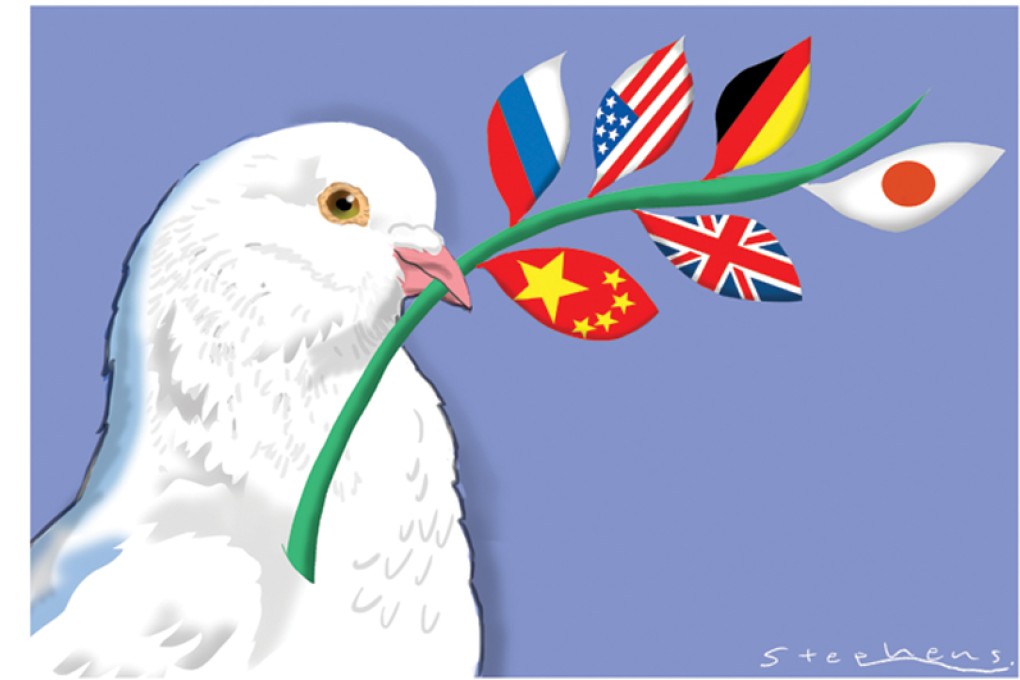Second world war remembrance gives nations a chance to renew their bonds
Donald Gasper says the upcoming remembrance of the end of the second world war will allow nations to face up to the past while focusing on cooperative strategies so vital to the future

After a long and bloody war that left few countries untouched, the defeat of the Axis powers 70 years ago was undoubtedly the key event that shaped our modern world. It was made possible by a coalition of countries that, while they might have had differences on many issues, shared a belief in the importance of uniting to save human civilisation from the threat of barbarism.
The Russian Federation and China, two members of that wartime coalition, have announced that to mark the anniversary, they will be staging a number of events in the coming months, to which other countries will be invited. After a resurgence of international tensions recently, this could be a chance for the major powers to forge a new relationship.
The importance of this year's anniversary is reflected in the recent statement by China's foreign minister, Wang Yi , that commemorations of the victory of 1945 are one of the top priorities for Chinese diplomacy this year.
"Our goal is to remember history, commemorate the martyrs, cherish peace and look to the future," he said, speaking at the annual meeting of the National People's Congress.
There is a trend among certain forces to rewrite the verdict on the war and to downplay the Chinese contribution to the allied victory.
Historian Rana Mitter, in his recent book China's War with Japan, 1937-1945: The Struggle for Survival, seeks to put the record straight. He argues that by bogging down Japanese troops, the Chinese people's war of resistance - which involved immense sacrifice in terms of lives - allowed the United States to focus on winning the war against Italy and Germany before going on to defeat Japan.
"This is rarely acknowledged," says Jean-Pierre Lehmann, emeritus professor of international political economy at IMD (International Institute for Management Development) in Lausanne, Switzerland, who wrote recently about historiographical distortions of the Pacific War: "China has been, to a considerable extent, air-brushed out of the history books. The reason, of course, is that the Chinese turned communist shortly after the war ended - hence they became the United States' enemy."